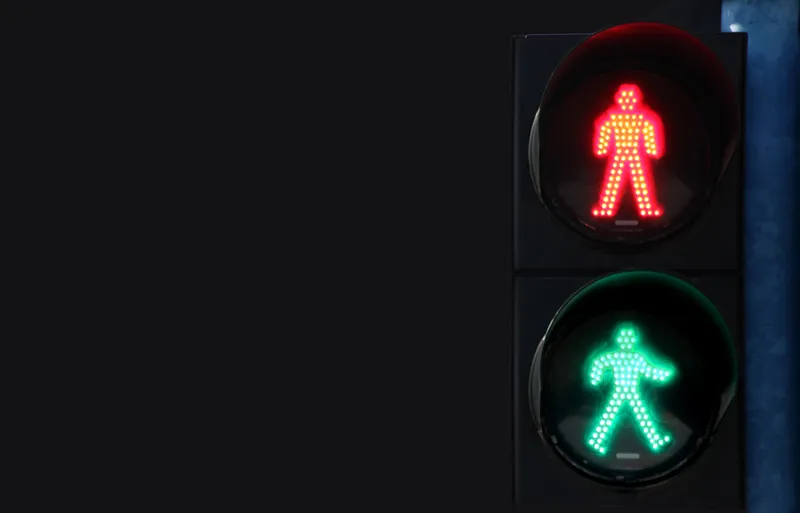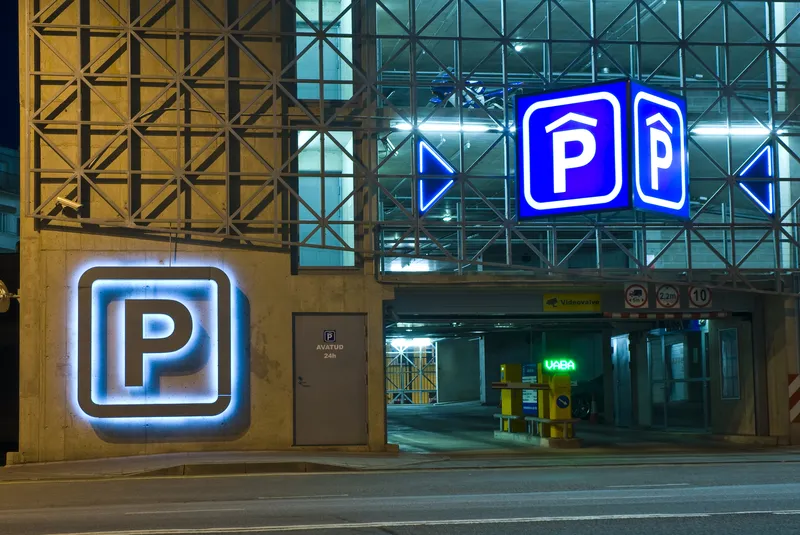
The International Municipal Signal Association (IMSA) is overhauling the way it certifies products and technologies.
The North American trade and certification association represents thousands of transportation and public safety professionals, and has pledged to embrace evolving technology, update its certification programmes "and become more responsive to the industries it serves".
IMSA’s stated objectives are "to improve the efficiency, installation, construction and maintenance of public safety equipment and systems by increasing the knowledge of its members on traffic controls, fire alarms, radio communications, roadway lighting, work zone traffic control, emergency medical services and other related systems".
Its new direction has been prompted by research with members, vendors and industry partners.
“In their feedback, respondents confirmed they want a modern IMSA that continually delivers timely information reflecting emerging technologies, legally defensible certifications and greater opportunities for member career growth,” explained IMSA executive director Toby Cummings.
“In the coming months, we will review and revise our testing, our standards and our industry influence measured against the rapid pace of technological evolution, to make sure our members and partners are positioned to thrive in the new market.”
Tyson Evatz, IMSA board president, says that advances in transportation and public safety are accelerating.
"Workforce requirements are changing with technology, often needing entirely new skill sets from outside of our traditional industries," Evatz says. "We want our members, peers, industry partners and vendors to be first in line to take advantage of these new opportunities for advancement.”
IMSA insists it will continue to use existing certifications and testing standards for the next few months until the official launch of the newly-authorised IMSA programmes.
“By the time we roll everything out, we’ll be ready to inaugurate multiple new IMSA sanctioned tests that carry new weight in our industries, because that’s exactly what our stakeholders have asked for," Cummings says.
“In the member research, our participants said they want a simpler and more beneficial path to success. In response, I’d say: 'we heard you'. We intend to offer the best customer service, making every interaction meaningful, intuitive and with the goal of providing real benefit.”









